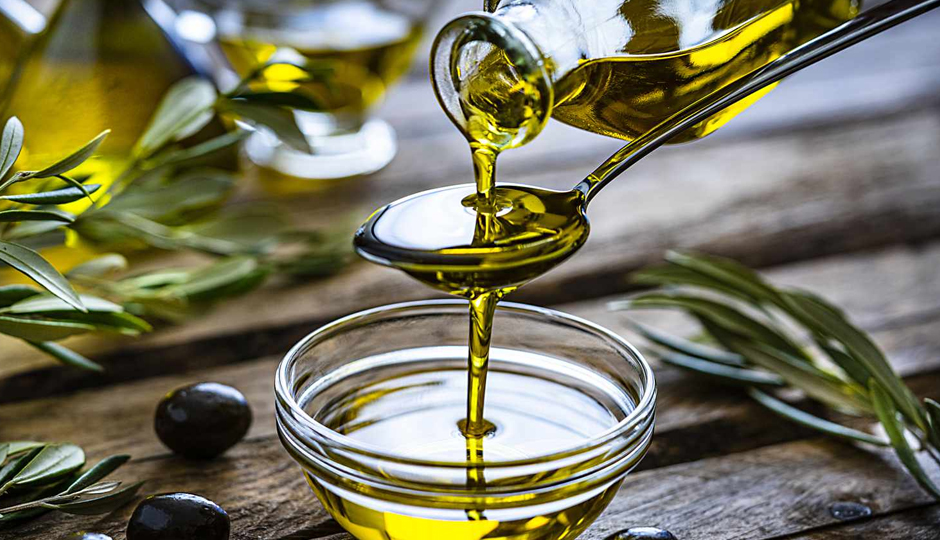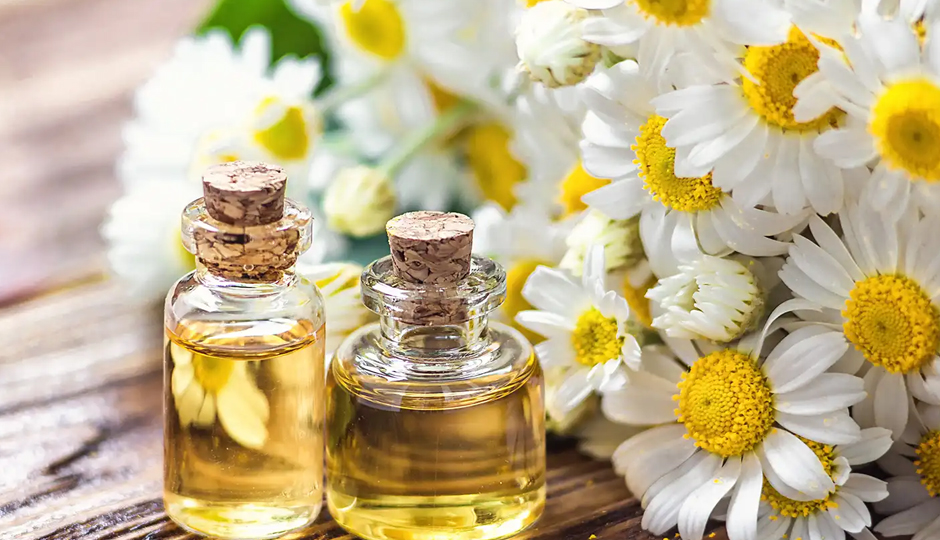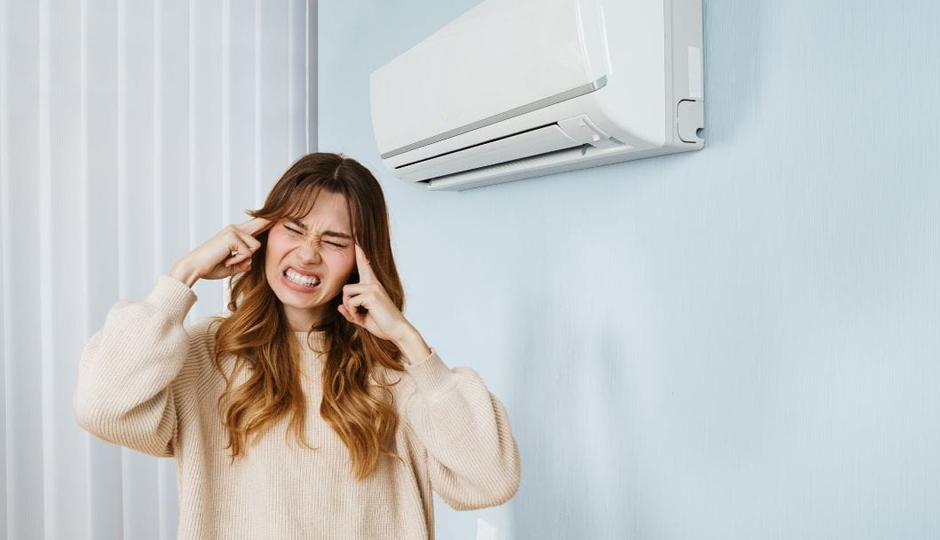6 Effective Home Remedies To Treat Itchy Scalp
By: Priyanka Maheshwari Tue, 26 Sept 2023 3:25:23
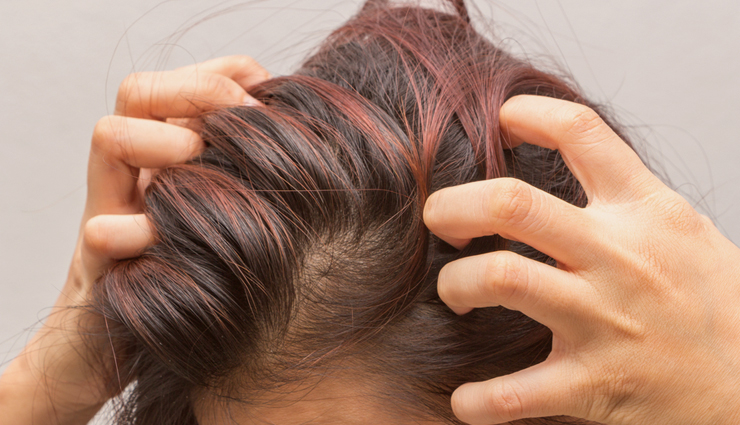
An itchy scalp is a common and often uncomfortable condition that can affect people of all ages and backgrounds. It is characterized by a persistent and irritating sensation of itching on the scalp, which can range from mild to severe. This condition can be caused by a variety of factors, including dry skin, fungal infections, allergies, dermatitis, or even certain hair care products.
The incessant itching associated with an itchy scalp can be not only physically bothersome but also socially awkward, as constant scratching can lead to embarrassment and potential scalp damage. In some cases, itchy scalp may also be accompanied by symptoms like redness, flakiness, or the presence of small bumps or sores.
Managing and treating an itchy scalp often involves identifying the underlying cause and taking appropriate steps to alleviate the discomfort. This may include using specialized shampoos or topical treatments, adjusting one's hair care routine, or seeking medical advice in cases where the condition is persistent or severe.
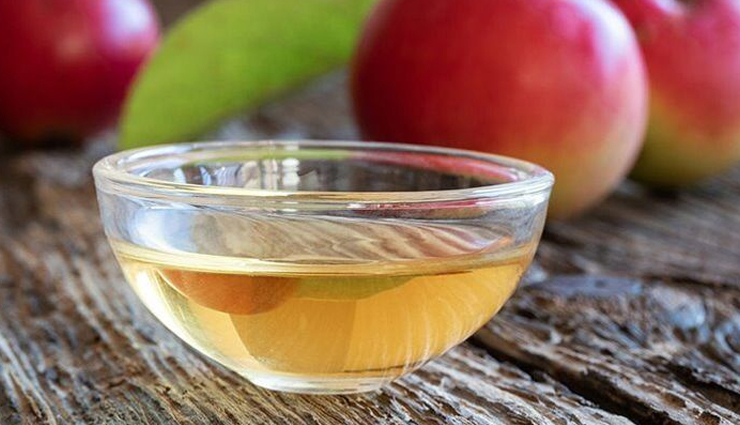
# Apple Cider Vinegar
Apple cider vinegar (ACV) is a popular natural remedy that many people use to alleviate an itchy scalp. It can be effective for various reasons, including its antibacterial and anti-inflammatory properties. Here's how you can use apple cider vinegar for an itchy scalp:
- Apple cider vinegar is highly acidic and should never be applied directly to your scalp undiluted, as it can cause irritation. Mix equal parts of ACV and water to create a solution. For example, you can mix 1/2 cup of ACV with 1/2 cup of water.
- Start by washing your hair with your regular shampoo. Rinse it thoroughly.
- Pour the diluted ACV solution over your scalp, ensuring that it covers your entire scalp. You can use a spray bottle for easier application.
- Gently massage the ACV solution into your scalp using your fingertips. This helps distribute the solution and improve blood circulation to your scalp.
- Let the ACV solution sit on your scalp for about 5-10 minutes. You may experience a tingling or mild burning sensation, but it should not be painful. If it becomes too uncomfortable, rinse it out immediately.
- Rinse your hair and scalp thoroughly with cool water. Be sure to remove all traces of the ACV.
- You can follow up with a conditioner if you feel that your hair needs it. Make sure to apply it to the lengths and ends of your hair, not the scalp.
- You can use this ACV treatment once or twice a week, depending on the severity of your itchiness.
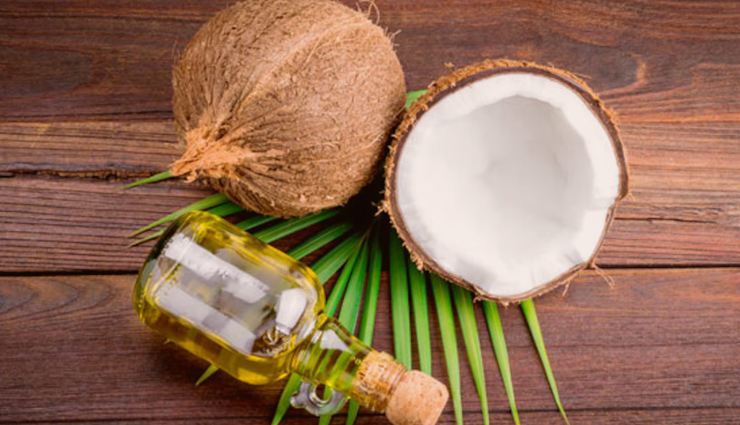
# Organic Coconut Oil
Organic coconut oil is another natural remedy that can be used to alleviate an itchy scalp. It has moisturizing and anti-inflammatory properties that can help soothe irritation and promote scalp health. Here's how you can use organic coconut oil for an itchy scalp:
- Ensure you choose a pure, organic, and unrefined coconut oil for the best results. Look for labels that indicate it's suitable for both culinary and cosmetic use.
- Coconut oil solidifies at cooler temperatures, so you may need to warm it slightly to make it easier to apply. Place the container in a bowl of warm water or gently heat it in the microwave for a few seconds. Be cautious not to overheat it; you want it to be in a liquid but comfortably warm state.
- If you have long or thick hair, it's helpful to section it to ensure that you can evenly distribute the coconut oil across your scalp.
- Using your fingertips, apply the warm coconut oil directly to your scalp. Start at the roots and work your way down to the tips of your hair. Massage the oil gently into your scalp using circular motions.
- Once your scalp is well covered with coconut oil, leave it on for at least 30 minutes to an hour. For even better results, you can leave it on overnight by wearing a shower cap or wrapping your head in a towel to avoid staining your pillow.
- After the recommended time, shampoo your hair thoroughly to remove the coconut oil. You may need to shampoo twice to ensure all the oil is washed out. Use a mild, sulfate-free shampoo.
- You can follow up with conditioner, but apply it to the lengths and ends of your hair, avoiding the scalp.
- You can use coconut oil for your itchy scalp treatment once or twice a week or as needed to keep your scalp moisturized and comfortable.
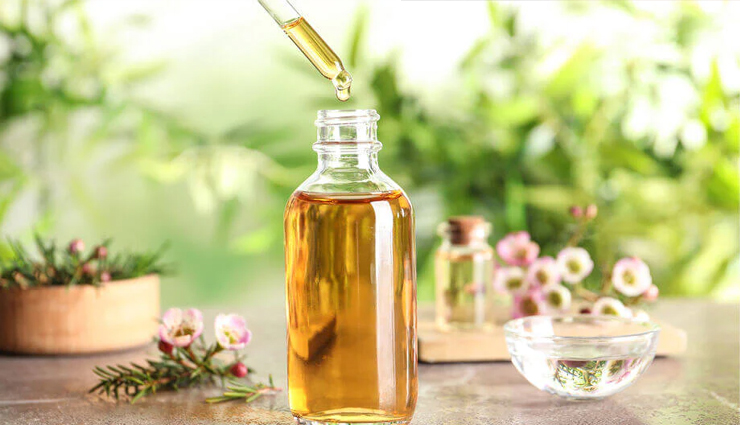
# Tea Tree Oil
Tea tree oil is a natural essential oil that is well-known for its antimicrobial and anti-inflammatory properties, making it a popular choice for treating various scalp issues, including an itchy scalp. Here's how you can use tea tree oil for relief from an itchy scalp:
- Ensure that you select a pure, high-quality tea tree oil. Look for products that are labeled as 100% pure tea tree oil with no added synthetic fragrances or additives.
- Tea tree oil is potent and should never be applied directly to your scalp without dilution, as it can be irritating. Mix a few drops of tea tree oil with a carrier oil. A carrier oil could be coconut oil, jojoba oil, olive oil, or almond oil. A common ratio is about 3-5 drops of tea tree oil per tablespoon of carrier oil.
- Before applying the diluted tea tree oil to your entire scalp, it's essential to perform a patch test. Apply a small amount of the diluted mixture to a discreet area of your skin, like the inside of your forearm, and wait 24 hours to check for any adverse reactions.
- If the patch test is successful and you don't experience any adverse reactions, you can proceed to apply the diluted tea tree oil mixture to your scalp. Use your fingertips to gently massage the mixture into your scalp.
- Allow the mixture to sit on your scalp for about 20-30 minutes. You may feel a tingling or cooling sensation, which is normal. If it becomes too uncomfortable, rinse it out immediately.
- After the recommended time, shampoo your hair thoroughly to remove the tea tree oil mixture. You may need to shampoo twice to ensure all the oil is washed out. Use a mild, sulfate-free shampoo.
- You can follow up with conditioner, but apply it to the lengths and ends of your hair, avoiding the scalp.
- You can use tea tree oil for your itchy scalp treatment once or twice a week, or as needed to alleviate itching and maintain a healthy scalp.
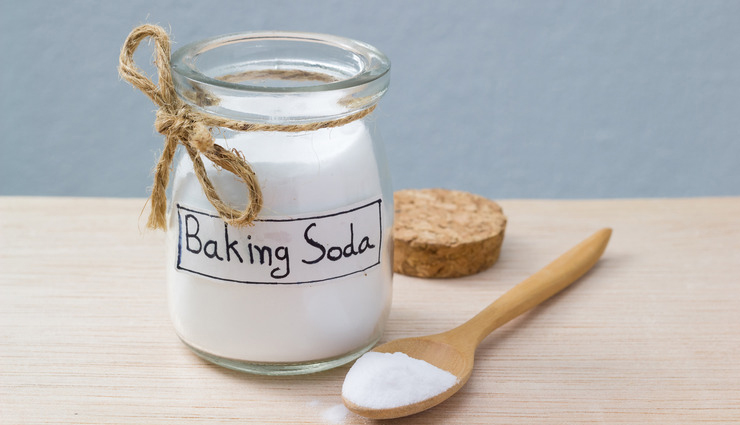
# Baking Soda
Baking soda, also known as sodium bicarbonate, is a household ingredient that can be used to help relieve an itchy scalp. It can be particularly helpful in cases where the itching is caused by excess oil, dandruff, or product buildup. Here's how you can use baking soda for an itchy scalp:
-Start with a small amount of baking soda (about 1-2 tablespoons).
- Gradually add water to the baking soda to form a thick paste. You want a consistency that is easy to apply to your scalp.
- Before applying the baking soda paste, dampen your hair slightly. You can use a spray bottle to lightly mist your hair or wet it in the shower.
- Section your hair and apply the baking soda paste to your scalp. Use your fingertips to massage the paste into your scalp gently. Focus on areas where you experience itching or excessive oiliness.
- Allow the baking soda paste to sit on your scalp for 5-10 minutes. Do not leave it on for an extended period, as baking soda can be abrasive if left on for too long.
- After the recommended time, rinse your hair and scalp thoroughly with warm water. Make sure all the baking soda residue is completely washed out.
- You can follow up with your regular shampoo and conditioner if desired. Shampoo your hair to remove any remaining residue and condition as needed.
- You can use the baking soda paste treatment once a week or as needed to help alleviate an itchy scalp and address issues like excess oil or dandruff.
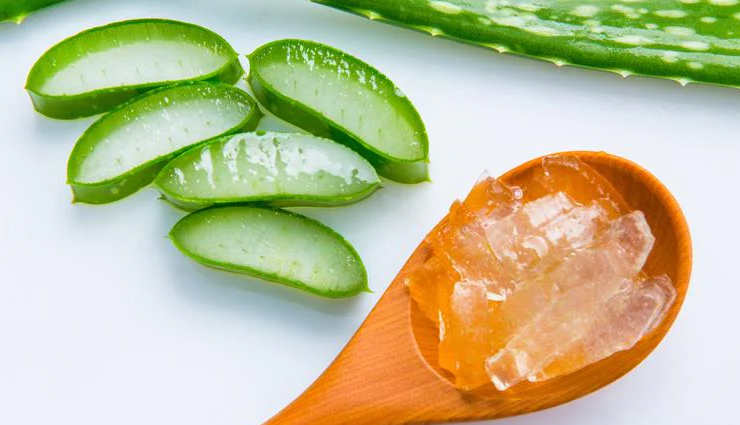
# Aloe Vera
Aloe vera is a natural remedy that can be incredibly soothing for an itchy scalp. It has anti-inflammatory, moisturizing, and antimicrobial properties, which can help alleviate itching and promote a healthier scalp. Here's how you can use aloe vera for an itchy scalp:
- You can use store-bought aloe vera gel, which is readily available in many drugstores and natural health stores. Make sure it is pure aloe vera gel without added synthetic ingredients or preservatives.
- Alternatively, if you have access to an aloe vera plant, you can extract the gel directly from the plant's leaves for a fresh and natural remedy.
- Cut the aloe vera plant or prepare the store-bought gel: If you're using an aloe vera plant, cut a mature leaf, wash it, and remove the green outer skin to reveal the clear gel inside. If using store-bought gel, ensure that it's pure aloe vera gel.
- Section your hair if needed to access your scalp.
- Apply the aloe vera gel directly to your scalp, using your fingertips. Massage it in gently to ensure even coverage.
- You can use a generous amount to make sure your scalp is well-coated.
- Allow the aloe vera gel to remain on your scalp for at least 20-30 minutes. You can leave it on longer if desired. Some people choose to leave it on overnight by wearing a shower cap to avoid staining pillows.
- After the recommended time, rinse your hair and scalp thoroughly with cool or lukewarm water. You can follow up with a mild, sulfate-free shampoo to remove any residue.
- Use conditioner as needed, but apply it to the lengths and ends of your hair, avoiding the scalp.
- You can use aloe vera for your itchy scalp treatment once or twice a week or as needed to maintain scalp health and alleviate itching.
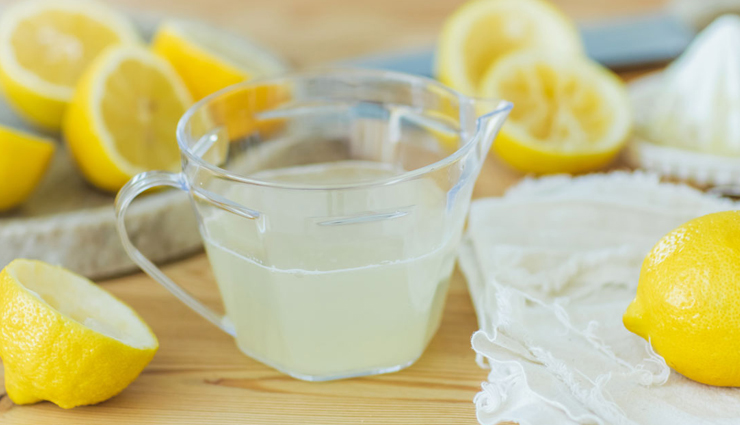
# Lemon Juice
Lemon juice is a natural remedy that can be used to help relieve an itchy scalp, particularly if the itching is due to dandruff or an oily scalp. Lemon juice has antimicrobial and astringent properties, which can help balance the scalp's pH and reduce oiliness. Here's how you can use lemon juice for an itchy scalp:
- You'll need fresh lemons or bottled lemon juice.
- A small bowl for mixing.
- A cotton ball or cotton pad.
- Squeeze the juice from fresh lemons or use bottled lemon juice.
- Dilute the lemon juice with an equal amount of water. This will help prevent excessive dryness or irritation.
- For example, if you have 2 tablespoons of lemon juice, mix it with 2 tablespoons of water.
- Before applying the lemon juice mixture to your scalp, it's essential to perform a patch test. Apply a small amount of the diluted mixture to a discreet area of your skin, such as the inside of your forearm, and wait for 24 hours to check for any adverse reactions.
- If the patch test is successful and you don't experience any adverse reactions, you can proceed to apply the diluted lemon juice mixture to your scalp.
- Use a cotton ball or cotton pad to apply the mixture directly to your scalp, concentrating on areas where you experience itching or excessive oiliness.
- Allow the lemon juice mixture to sit on your scalp for 5-10 minutes. You may feel a tingling or mild stinging sensation, which is normal. If it becomes too uncomfortable, rinse it out immediately.
- After the recommended time, rinse your hair and scalp thoroughly with cool or lukewarm water. Make sure all the lemon juice residue is completely washed out.
- You can follow up with your regular shampoo and conditioner if desired. Shampoo your hair to remove any remaining lemon juice and condition as needed.
- You can use the lemon juice treatment for your itchy scalp once a week or as needed to address oiliness and itching.

